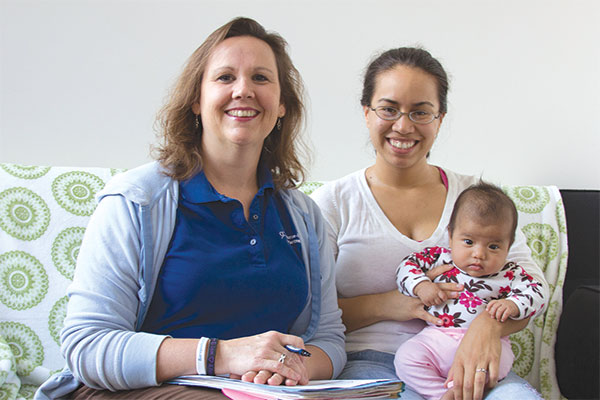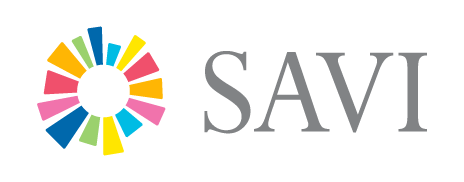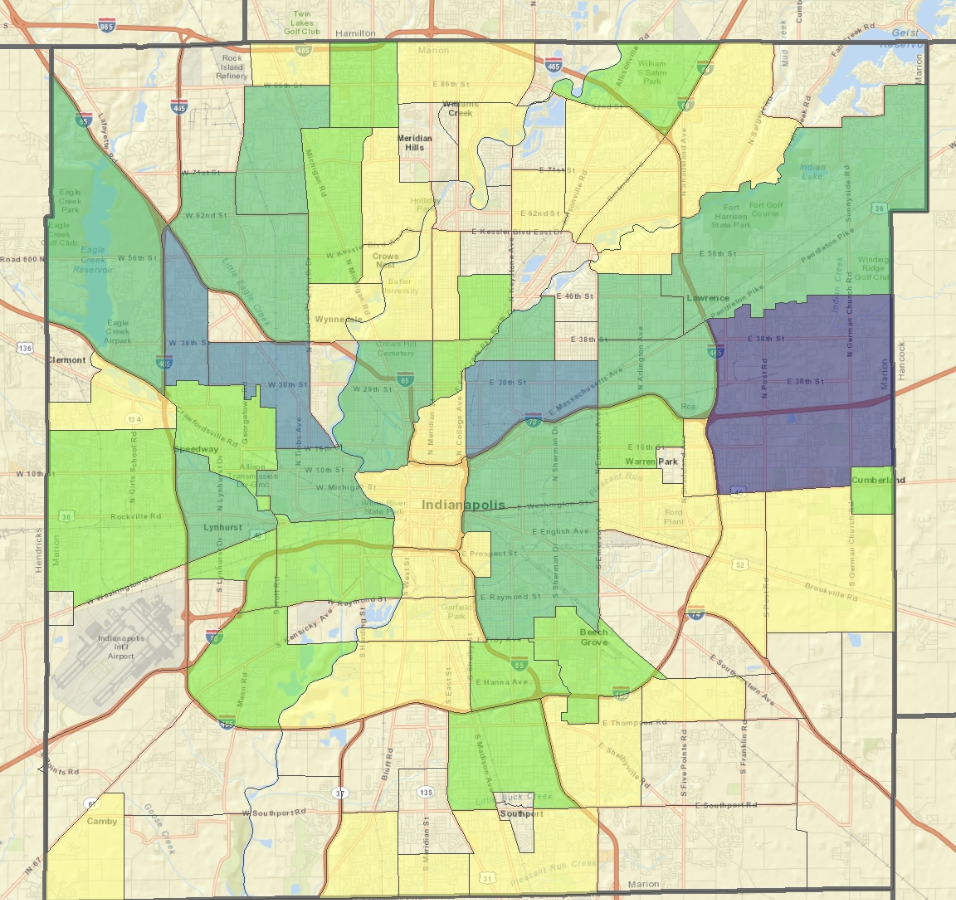Breaking the cycle: How data-informed support for low-income mothers helps children excel
Our Partner
Goodwill's Nurse Family ParternshipThe Challenge
Goodwill of Central and Southern Indiana’s Partnership pairs low-income, first-time mothers with nurses who help them meet the challenges of being a new parent. SAVI and other resources facilitate the pairing of nurses with mothers.
The Solution
Poverty has profound effects on the social, emotional, and intellectual development of children from low-income homes.

The Process
Big investments—made early in life—can deliver huge payoffs.
That principle is just as true for child development as for wealth building. The Nurse-Family Partnership (NFP) is a case study in its power.
The program serves low-income, first-time mothers. It pairs each participant with a registered nurse, who makes two to four home visits per month and helps the mother navigate the challenges of being a new parent. The nurse and mother might discuss job-search strategies and how to find quality child care, for example, and the nurses perform developmental screenings, connect mothers with healthcare providers, and help them overcome barriers to keeping appointments with the doctor.
Expectant mothers are enrolled by the 28th week of pregnancy. The program continues until the child is two.
There is strong evidence that this early intervention has profound long-term impacts on children’s health and prospects.
“We want a family to leave the program with not only a child that’s healthy and well on the way to being ready for kindergarten, but with parents engaged in education and employment and with a clear pathway to being self-sufficient going forward.”
Lisa Crane
Senior Director, Nurse Family Partnership
Studies have found that the program cut child abuse and neglect by about half; reduced behavioral and intellectual problems (by the age of 6) by two-thirds; and increased mothers’ labor-force participation by 83 percent.
And there are big monetary returns. The program returned $5.70 for every dollar invested, according to one study. That’s more than $34,000 per family served. The returns came from tax revenues—from mothers’ labor-force participation—and savings across a range of services and categories, including spending on healthcare, welfare, and the criminal justice system.
Founded in 1996, NFP is a nationwide program that launched in Indiana in 2011 with a chapter in Marion County. As of 2018, it had expanded to 36 counties and had served more than 3,200 families in Indiana. The median age of participants was 21. Their median annual income was about $7,500. Most of the state’s NFP chapters are operated by Goodwill of Central and Southern Indiana.
NFP identifies eligible mothers through community organizations, doctor referrals, schools, and faith-based communities. SAVI has contributed by helping the program pinpoint institutions that can connect mothers with the program and neighborhoods where recruitment efforts are most likely to be fruitful.
“Being able to look at a SAVI map and see where the pockets or hotspots of poverty exist is really helpful,” says Lisa Crane, senior director of NFP for Goodwill of Central and Southern Indiana.
The program builds on growing evidence about the negative effects on children’s development from the stresses created by poverty. Children from low-income homes hear about one-third as many words by the age of three as children from more affluent homes, for example, which puts them at a strong disadvantage in developing their verbal skills.
There is no simple solution to such challenges, but NFP is making a positive difference—both in the short run and the long run.
“Many of our outcomes come [when the child is grown], but there are a pretty fair number that come quickly,” Crane says. “We want a family to leave the program with not only a child that’s healthy and well on the way to being ready for kindergarten, but with parents engaged in education and employment and with a clear pathway to being self-sufficient going forward.”

